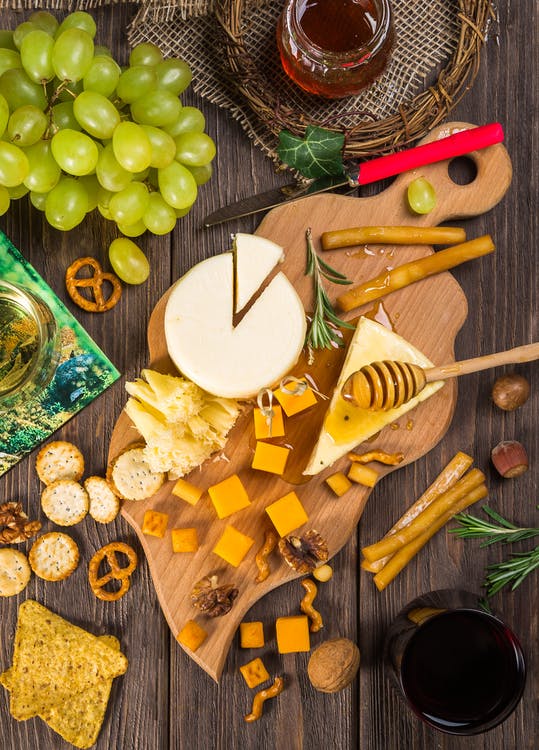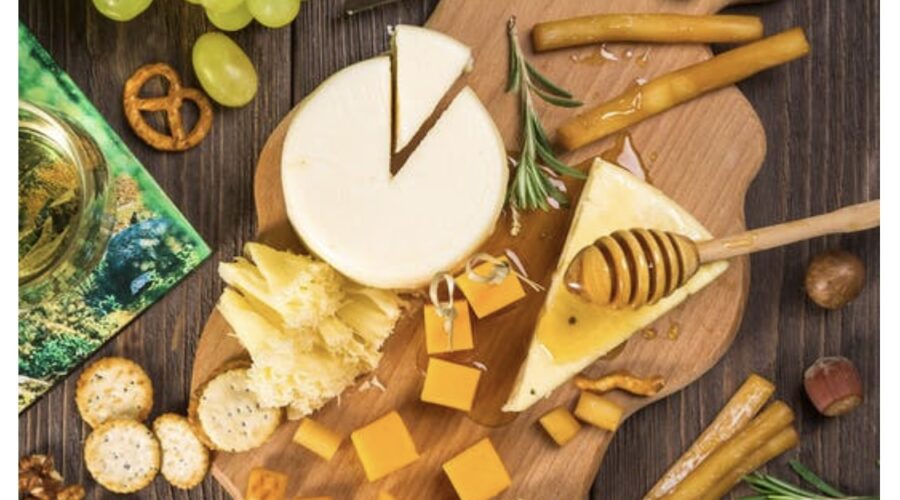Processed Foods: Not Always a Dirty Term
What thoughts come to mind when you hear the term “processed food”? Maybe you think of that nice, juicy burger and hot, crispy fries from your favorite fast food restaurant. Perhaps that comforting macaroni and cheese TV dinner in your freezer comes to mind. Often times, people equate processed foods with high calorie foods full of excessive fat, sugar, and salt and low nutritional quality. While the aforementioned examples are processed foods, there are healthful foods that one might not consider a processed food.
According to the USDA, processed food is defined as a raw agricultural commodity that has been subject to washing, cutting, cleaning, chopping, freezing, packaging, canning, or any other procedure that alters the food from its original state. Some processing of foods are actually beneficial for our health and converts some foods to a product that is safer to eat. Some examples include bagged frozen vegetables that were picked and frozen at their peak freshness and nutritional quality, boxes of low sodium chicken stock, and milk that has been pasteurized and fortified with Vitamin D.
Processing of food also happens at home. A person may bake their own bread or cake, make pasta from scratch with flour, eggs, and milk, can their fruits and vegetables, or cut and wash their fruit and vegetables in order to make a salad. Processed food is not necessarily a term that comes with a negative connotation. Processed foods have their place in a balanced, nutritious diet.
When labeling a processed food, not all processed foods are created equal. Processed foods fall into a wide spectrum from minimally processed to heavily processed. A minimally processed food is something as simple as a bag of spinach that was triple washed or a can of peanuts that was roasted. Other examples of processed foods that can be incorporated into a healthful diet include flour, canned fruits and vegetables, salad dressings, and boxed pasta. A food becomes more heavily processed as the nutritional quality decreases and the fat, sugar, and salt content increases. Heavily processed foods are often what people think of when they hear the term “processed food”. Some heavily processed foods include TV dinners, ready to eat foods (ex: crackers, ice cream, deli meats), and soda. Heavily processed foods should be limited or omitted from a nutritious diet. So, there is no need to cringe when you hear the term “processed food” because there is room for all of them in your nutritional journey.
What processed foods do you keep in your kitchen to incorporate into your nutritious diet? Some of mine include olive oil, bags of lettuce for salad, canned beans, boxed pasta, and rice.




Wow, very enlightening. A lot I didn’t know